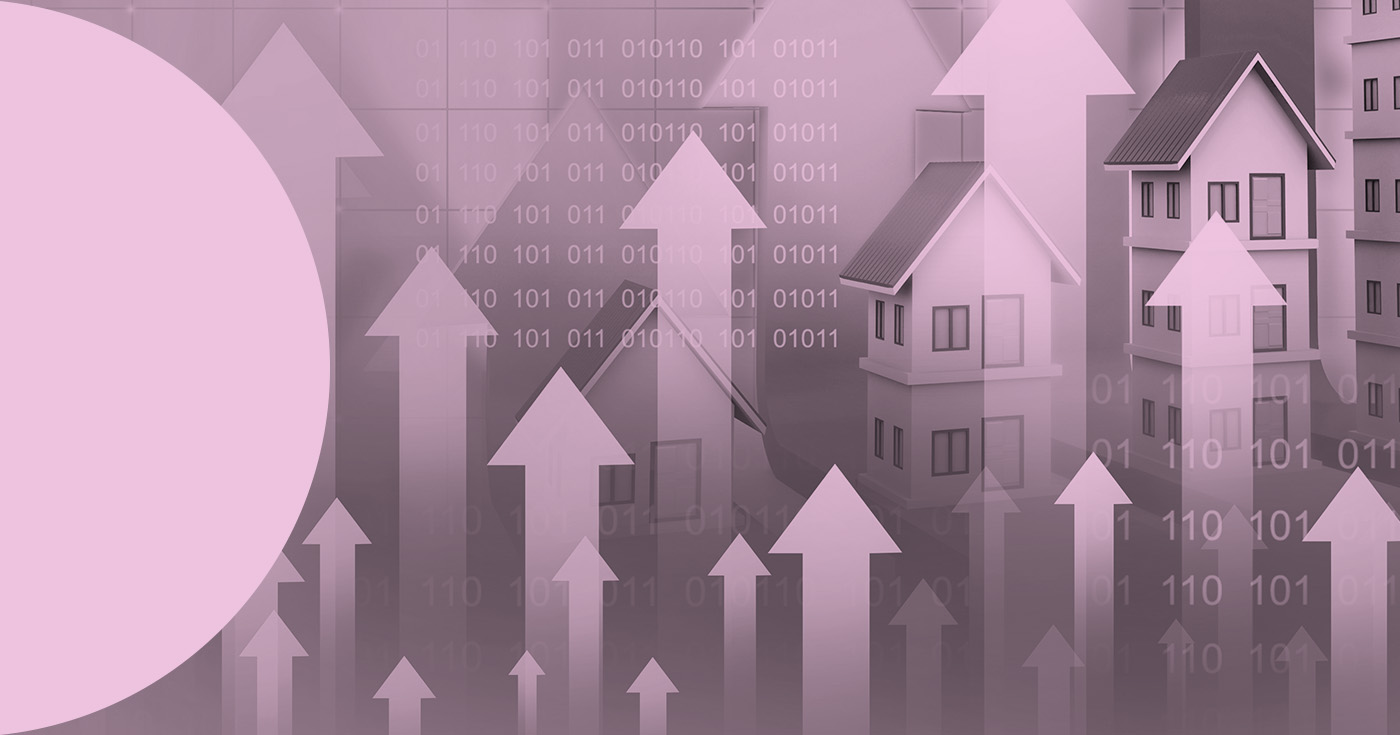
How does inflation work?
Last Updated on 2 September 2025 by Equipo Urbanitae
In recent years, inflation has been a recurring topic in many economies, affecting countries in various ways. Although its impact varies depending on the context, inflation generally refers to the sustained increase in the prices of goods and services that are part of everyday life.
This phenomenon becomes especially relevant in times of economic uncertainty when we see how money loses purchasing power; that is, we need more money to buy the same products. But how does this happen, and what factors drive it? In this article, we’ll explain what inflation is and how it influences your personal finances, using clear and simple examples.
What is inflation?
Inflation is the increase in the general price level of an economy over a period of time. This rise doesn’t mean that all products and services increase in price at the same time or in the same proportion, but on average, prices tend to grow.
When prices rise, the value of money decreases, as you can buy fewer things with the same amount of money. For example, if a loaf of bread used to cost €1 and now costs €1.10, that means there has been a 10% inflation on this product. This increase may seem insignificant at first, but if this phenomenon extends to most essential products, it has a huge impact on the cost of living.
On the other hand, we know it is inflation and not just a price increase in certain products when the index shows a noticeable rise. The Consumer Price Index (CPI) evaluates the change in the prices of a basket of goods and services consumed by a typical family in a given country. If the CPI rises, it means that on average, prices have increased, and there is inflation.
What causes inflation?
Before understanding how inflation affects our finances, it’s important to know its main causes. Inflation doesn’t occur randomly; it is usually driven by different economic factors that cause a general price increase. Below, we explain the most common reasons:
– Demand-pull inflation: This occurs when the demand for goods and services exceeds the available supply. In a growing economy, people and businesses tend to consume more, and if the supply of products doesn’t grow at the same pace, prices increase. A simple example of this is the rise in flight prices during holiday seasons. When many people want to travel to a popular destination at the same time and airlines have limited flights and seats, demand exceeds supply, and the airline raises prices, reflecting demand-pull inflation in action.
– Cost-push inflation: This occurs when production costs rise, forcing manufacturers to increase prices to maintain their profit margins. For example, if fuel prices go up, transportation costs for food products also rise, leading to an increase in their final prices.
– Monetary policy: Central banks, such as the European Central Bank, can influence inflation by adjusting interest rates. If they decide to lower rates, this can stimulate spending and investment, as businesses and consumers can borrow money more easily and at a lower cost. As a result, people tend to spend more, and companies invest more in their businesses. This increase in spending and investment generates higher demand for goods and services. However, if demand rises too quickly and the supply of goods or services can’t keep pace, prices start to increase, causing inflation.
How does inflation affect your finances?
Inflation has a direct impact on your daily life because if prices rise, you will need more money to buy the same things you used to. If your income doesn’t increase at the same rate as prices, your purchasing power decreases.
Additionally, inflation can also pose a challenge when it comes to saving, as the real value of your available resources for saving is determined not only by your assets and expenses but also by your labor income and consumption spending. For example, if you have €1,000 saved and inflation is 3% per year, after one year, that €1,000 will have the purchasing power of €970.
To cope with inflation, you can follow certain strategies. First, it’s essential to look for investments that offer returns higher than the inflation rate, such as real estate or stocks. You can also increase your income by negotiating your salary or finding ways to generate additional income to offset the rise in the cost of living. Lastly, managing your expenses by maintaining a budget and looking for opportunities to cut unnecessary costs can also help.

